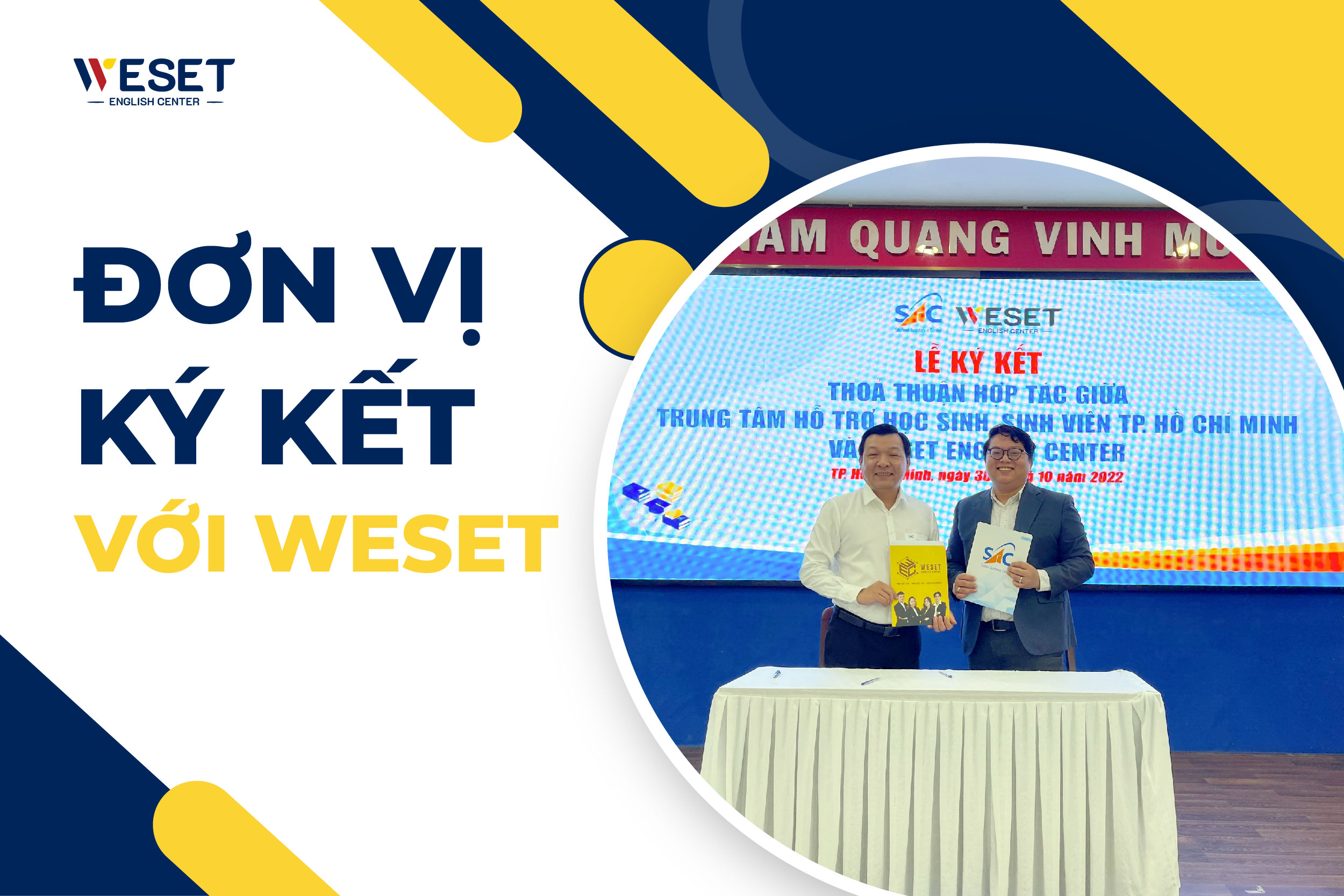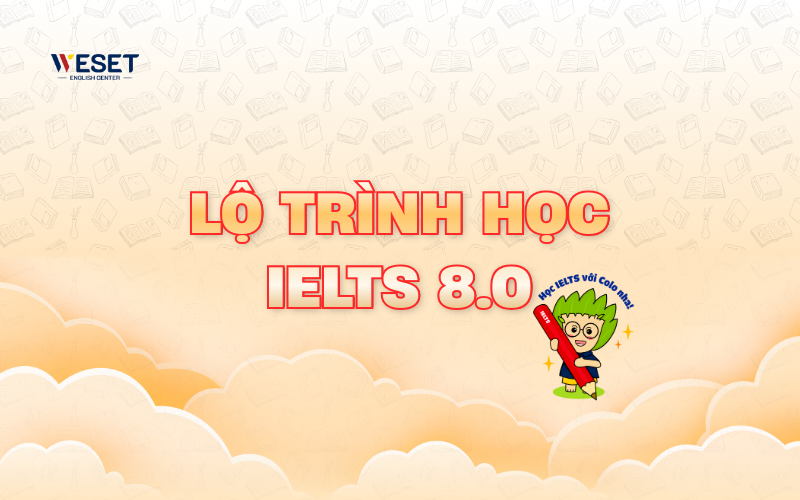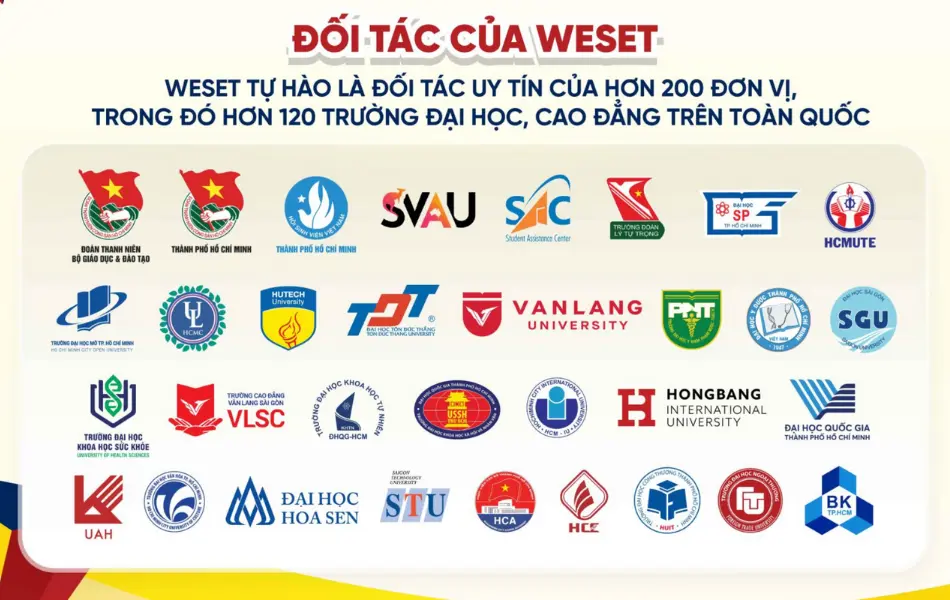Trang chủ Blog Bài thi IELTS mẫu IELTS Speaking Job & Work Sample: Part 1, 2 & 3
IELTS Speaking Job & Work Sample: Part 1, 2 & 3
- Jonathan M. Pham
- Bài mẫu IELTS Sample Speaking, Bài thi IELTS mẫu
MỤC LỤC
Công việc (Job/ Work) luôn nằm trong số những chủ đề thi IELTS Speaking “hot” và nhận được đông đảo sự quan tâm của các sĩ tử luyện thi IELTS. Cùng WESET tìm hiểu về topic IELTS Speaking Job/ Work – gồm bộ câu hỏi, câu trả lời mẫu và từ vựng liên quan bạn nhé!
IELTS Speaking Job/ Work – Part 1
Q: What is your current occupation?
A: I am currently working as a software engineer in a leading IT firm.
Q: Why did you choose this job?
A: I have always had a keen interest in computer science and technology, and this job allows me to apply my skills and knowledge to develop innovative software products. Moreover, the company’s reputation and work culture also attracted me towards this job.
Q: What do you like the most about your job?
A: What I like the most about my job is the satisfaction I get from solving complex problems and creating software solutions that improve people’s lives. Additionally, working with a talented team of individuals and the opportunities for learning and growth make it a fulfilling job for me.
Q: What are your future career plans?
A: In the future, I aspire to become a project manager and lead a team of software engineers. I also plan to pursue further education and acquire advanced skills and certifications in my field to stay updated with the latest technology trends.
Q: Have you ever had a part-time job while studying?
A: Yes, during my college years, I worked part-time as a freelance coach to help people with their academics. It was a great experience, and I learned a lot from it.
Q: What skills did you learn from your part-time job?
A: From my part-time job as a freelance coach, I learned effective communication skills, patience, and the ability to simplify complex concepts to make them understandable for other people. I also learned time management skills and how to multitask effectively.
IELTS Speaking Job/ Work – Part 2
Q: Describe a dream job that you would like to do in the future. You should say:
– what kind of job it is
– what are the specific responsibilities, skills and qualifications required for the job
– why this job is meaningful to you, and
– what steps you would need to take to achieve this career goal
A: One job that I would like to do in the future is to work as a sustainability consultant for a large multinational corporation. As someone who is passionate about environmental issues and sustainability, I believe this would be a fulfilling and meaningful job for me.
As a sustainability consultant, my main responsibility would be to help the company reduce its carbon footprint and adopt more sustainable practices. This would involve conducting environmental audits, identifying areas for improvement, and developing strategies to reduce the company’s environmental impact. I would also work closely with different departments within the company, such as operations, procurement, and marketing, to ensure that sustainability is integrated into all aspects of the business.
One of the reasons I am drawn to this job is that it would allow me to make a real difference in the world. By helping a large corporation become more sustainable, I would be contributing to the global effort to combat climate change and preserve the planet for future generations. I am also excited about the opportunity to work with people from different backgrounds and disciplines, and to learn from their perspectives and experiences.
Overall, working as a sustainability consultant would be a challenging and rewarding job that would align with my values and passions. I am excited about the prospect of pursuing this career path in the future.
IELTS Speaking Job/ Work – Part 3
Q: What are some of the most important qualities that employers look for in job candidates?
A: Employers look for a variety of qualities in job candidates, but I think some of the most important ones include strong communication skills, the ability to work well in a team, problem-solving skills, adaptability, and a positive attitude.
Communication is essential in most jobs, as it helps to build relationships with colleagues and clients, and ensures that tasks are completed effectively.
Working well in a team is also important, as most jobs require collaboration and the ability to contribute to a shared goal.
Problem-solving skills are crucial, as they enable employees to identify and address issues in a timely and efficient manner.
Adaptability is another key quality, as it shows that candidates are able to learn new things and adjust to changing circumstances.
Finally, a positive attitude is important because it helps to create a supportive and productive work environment.
Q: What are some of the advantages and disadvantages of working in a large corporation?
A: One advantage of working in a large corporation is that there are often more opportunities for career advancement and professional development. Large corporations usually have more resources and a wider range of job roles and departments, so employees can often move around and develop new skills. Additionally, large corporations may offer better salaries and benefits packages than smaller companies.
However, working in a large corporation can also have its disadvantages. One of the biggest challenges is that it can be difficult to stand out and make a meaningful impact in such a large organization. Employees may also feel disconnected from the company’s mission and values, and may struggle to find meaning in their work. Large corporations can also be bureaucratic and slow-moving, which can make it difficult to innovate and respond to changing market conditions.
Q: In what ways has technology changed the job market in recent years?
A: Technology has had a significant impact on the job market in recent years. One of the most obvious changes is the rise of remote work and telecommuting, which has been made possible by advances in communication and collaboration technology. This has given employees more flexibility and has also opened up new job opportunities in areas that were previously geographically limited.
Technology has also led to the automation of many routine tasks, which has reduced the need for certain types of jobs and has led to the creation of new types of jobs that require more specialized skills.
Additionally, technology has made it easier for employers to access a global pool of talent, which has increased competition for jobs and has made it more important for job seekers to have specialized skills and qualifications.
Vocabulary chủ đề Job/ Work
| Occupation | Nghề nghiệp |
| Software engineer | Kỹ sư phần mềm |
| Keen interest | Quan tâm sâu sắc |
| Computer science | Khoa học máy tính |
| Innovative | Đổi mới/ sáng tạo |
| Reputation | Danh tiếng |
| Work culture | Văn hóa làm việc |
| Fulfilling | Làm hài lòng/ mãn nguyện |
| Talented | Có tài |
| Certifications | Chứng chỉ |
| Part-time job | Công việc bán thời gian |
| Freelance | Làm nghề tự do |
| Coach | Huấn luyện viên |
| Multitask | Đa nhiệm |
| Sustainability | Sự bền vững |
| Multinational corporation | Tập đoàn đa quốc gia |
| Meaningful | Có ý nghĩa |
| Strategies | Chiến lược |
| Operations | Hoạt động/ vận hành |
| Procurement | Thu mua |
| Integration | Tích hợp |
| Disciplines | Nguyên tắc/ kỷ luật |
| Perspectives | Quan điểm |
| Passions | Niềm đam mê |
| Career path | Con đường sự nghiệp |
Tham khảo thêm bài mẫu IELTS Speaking theo chủ đề khác:







